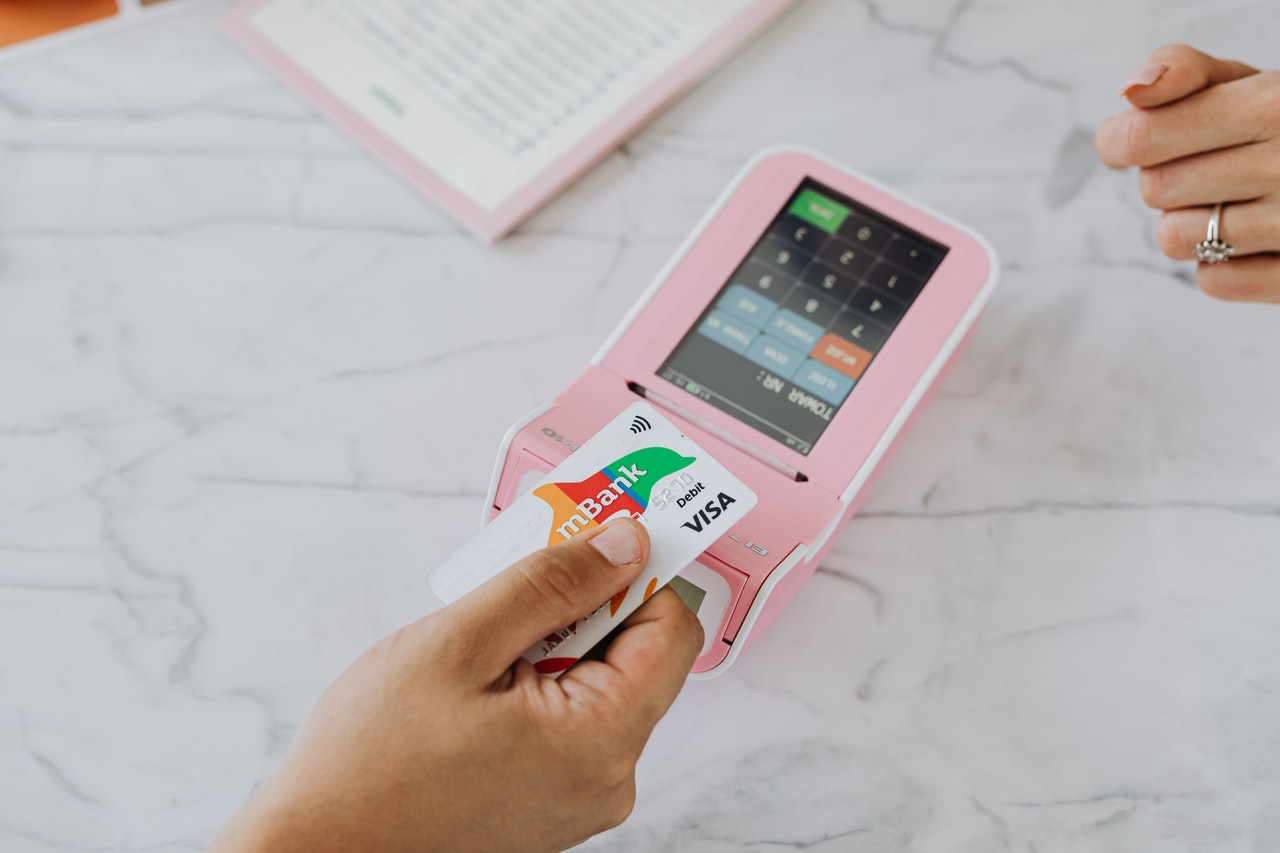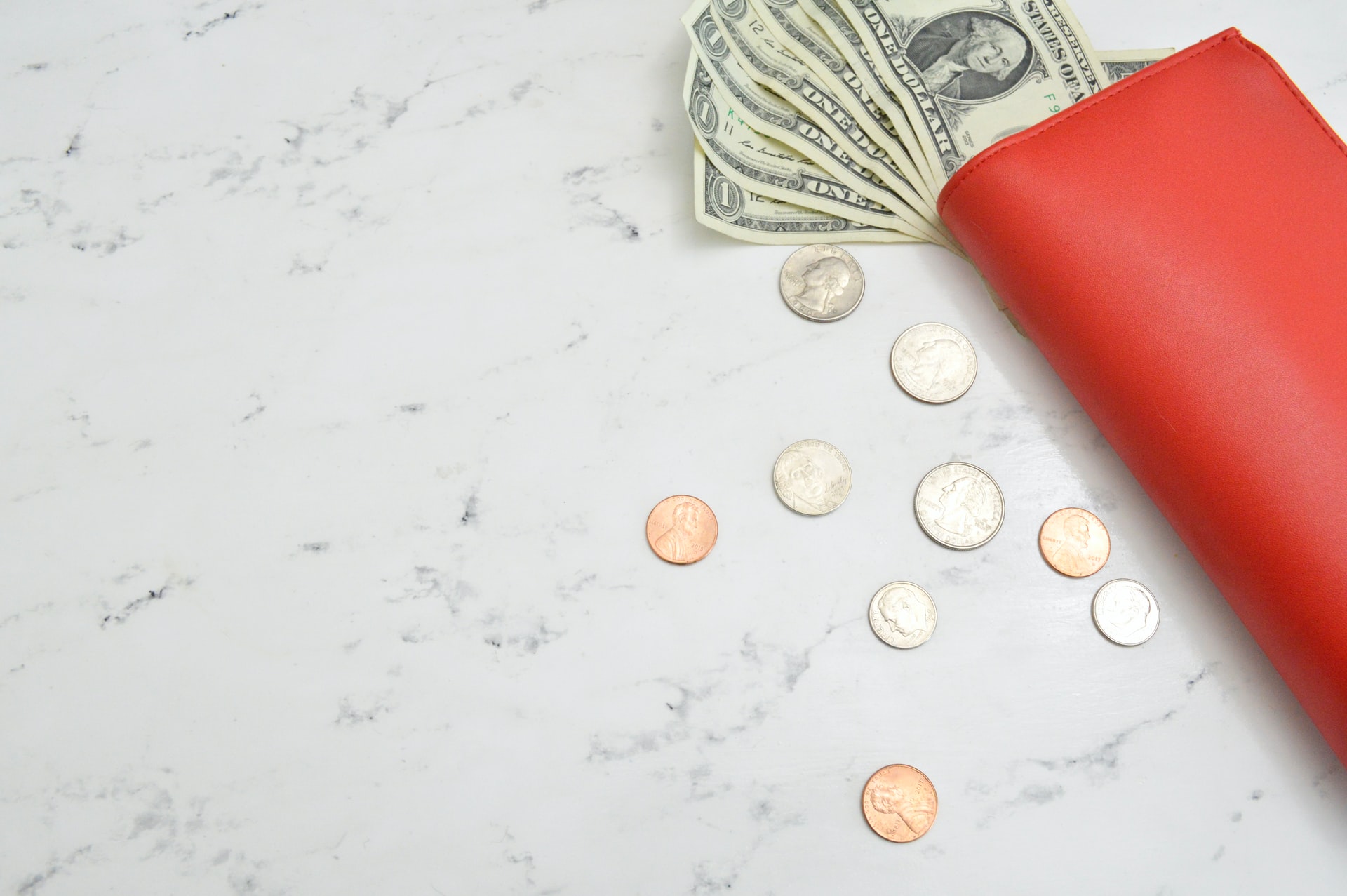Building a solid credit rating from scratch is not as difficult as one might think. The reality is that you can establish a decent Credit Score in as little as 3 months and have a solid rating around the 12-month mark. From that point, if you maintain proper borrowing habits, you can have an impeccable rating for the rest of your life.
The key is to have a basic understanding of what actions affect your rating and to follow a basic strategy design to keep you within the limitations of those influences. If you are starting from scratch, never having had credit, here is an easy to follow step by step guide to establishing your credit. As well as suggestions on avoiding a few pitfalls along the way which could hurt, instead of helping if you fall into them.
Step 1) Check Your Report
While it may seem ironic, even if you know for a fact that you have never had credit before, checking your history is the first step. Your report contains more than just credit accounts on it and may have inaccuracies pertaining to other areas. I had a $500 phone bill attached to my report of which I had nothing to do with. In fact, it was tried to a business I worked for but had no ownership in nor any ownership responsibilities.
While it is fairly rare, you may be surprised to find out that someone else has been using your good name instead of you. With the expansion of the internet, this occurrence is not as rare as it uses to be. Regardless, it is good to know for sure what you are dealing with. To learn where you can check your report for free visit Rebuild-Credit.us.
Step 2) Dispute Errors in Your Report
If, when you check your report you found no errors in your report then you can move on to the next step. However, if you did, in fact, find a discrepancy you will have to clean them up before you can go forth with your endeavor.
It is very important that you take the time to so, and go through any possible frustration that might arise as these errors left on your record will not only plague you but cost you a lot of money. It is the healthiness of your report that lenders base the interest rate they will charge you.
This can literally cost you thousands of dollars in interest over the years and it will drive your monthly payments up for the same amount of money borrowed or charged. We have written an article to further assist you in clearing negative items from your report. This article; “How to Dispute Discrepancies in Your Credit Report” can be viewed at Rebuild-Credit.us.
Step 3) Secure Personal Credit
Once you have verified your report and have resolved any disputes that you may have found within it, the next step is to secure credit. This is easiest accomplished by securing a credit card. The fact that you are not established as of yet will be a factor in where you should apply.
Rather than applying for standard card and loan offers, start with accounts that are tailored to meet a specific need. Applying for a standard card before your rating supports the requirement can place unnecessary negative marks on your report. Each time you apply for credit and are turned down it is recorded negatively on your report and lowers your already low score.
Your first attempt at securing credit should be a gas card, a department store card, a secured card, or a prepaid card. These vehicles are specifically designed for the purpose of offering credit for those with a low rating, or for someone who has yet to establish themselves. It must be pointed out that you can expect to pay higher interest as the risk is higher for the issuer.
In today’s boom, there are several qualities guaranteed approved cards available for you to establish yourself with. Each makes monthly reports to the reporting agencies which assists in improving your credit score. Providing that you make your payments on time, your score will climb to a high enough level where you can apply for a standard card with normal interest rates. Remember, it is best to seek out offers than to respond to those which come in the mail.
Step 4) Begin to use Your Card
Once you have obtained a credit card you need to use it regularly and pay the balance off in full each month. Many who get a credit card for the first time will take advantage of the opportunity to get that stereo they have been wanting or some other consumable.
You should never use your new card instead of cash, especially while you are trying to build your credit. Instead, your goal should be to use your card to cover an expense that you normally pay cash for, like gasoline or perhaps your noon meal. Instead of spending the cash, save it, and use it to pay your charges in full when the bill comes in.
Be responsible with your card and you will realize your score rising each month. The higher the Credit Score the lower your interest will be on the next card you apply for and your odds for approval will increase drastically, to mention your borrowing power.
Step 5) Review Your Progress at Least Quarterly to ensure that you maintain a solid credit rating
After you have used your card responsible for 3 months check on your credit progress. Providing you have been responsible you will notice your score has increased. Check to ensure that all of your payments are being reported accurately. If you find and errors now are the time to take action on them to correct them before your portfolio gets out of hand. Monitoring your report regularly allows detecting possible credit fraud in its early stages as well.
Step 6) Increasing Your Limit
As previously discussed, once your Credit Score reaches various levels and you have proven yourself to be a good risk you will be flooded with numerous pre-approved offers, and as stated, these offers are not always in your best interest with many bordering on Predatory Lending. While it is your objective to increase your limit to a comfortable level, it is best to do the research yourself.
Another site we would like to direct you to is Credit-Card-Rates.info. They offer detailed non-bias reviews on over 130 credit cards from leading providers such as American Express®, Discover®, Bank of America, Chase®, and more.
They also provide a pre-qualifying questionnaire that does not ask for specific personal information nor is any information gathered whatsoever. Once submitted the questionnaire returns all of the possible cards you qualify for. Each one links to a non-bias detailed review of both the pros and cons of the card’s benefits and rewards. A convenient online application is just one click away.
When using the questionnaire it is in your best interest to answer the questions accurately as it does provide an accurate result to the cards you qualify for. This will help you to keep from getting negative hits on your report for applying to cards you don’t qualify for yet as well as secure a solid credit rating.










